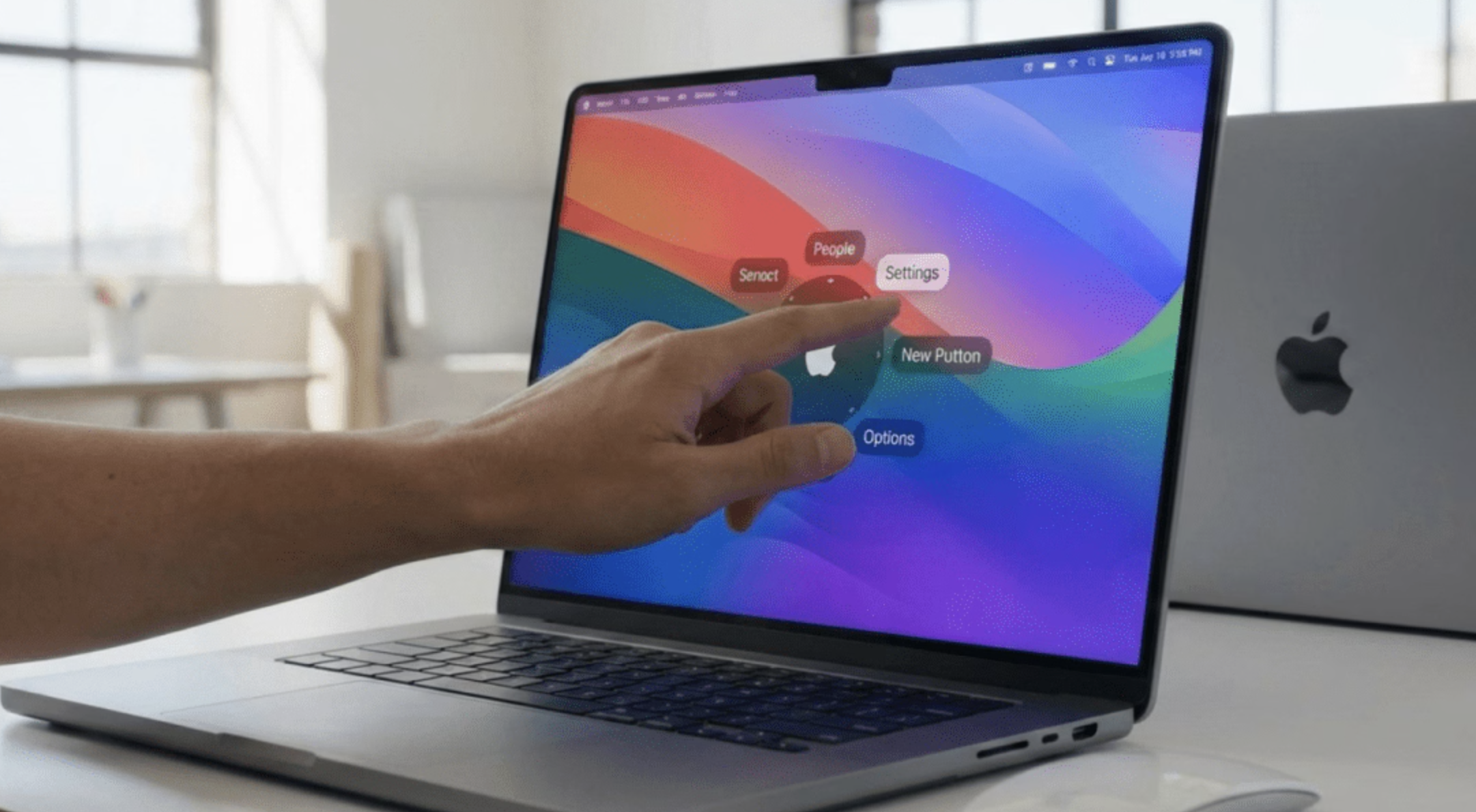This is an exclusive Guest Blog by Cynthia Gokhale, Associate Director – Marketing, Corporate Communication & Service Assurance, Manpower Group
Mental health is an intrinsic part of human life, affecting our thoughts, emotions, behavior, and overall well-being. Mental health is not a luxury; it is a fundamental human right that should be upheld and protected. It impacts our ability to lead fulfilling lives, maintain relationships, work, and participate in society. As such, the right to mental health should be viewed as an extension of the right to health, as outlined in the Universal Declaration of Human Rights. The right to mental health encompasses several key principles that includes Dignity and Respect, access to care, individual autonomy, non-discriminatory approach, protecting privacy and encouraging community participation.

Despite its significance, mental health has long been overlooked, stigmatized, and often marginalized. People living with mental health conditions often face prejudice, stereotypes, and exclusion, which can deter them from seeking help and support. Society’s prejudiced attitudes towards mental health issues need to be dismantled to create an environment where people can openly discuss their mental health without fear of judgment or isolation. Breaking the stigma associated with mental health is a collective responsibility which can only be brought about by continuous education, open conversations and acceptance of mental health as nonchalantly as physical health issue. Collectively, when the society acts as an aide without display of pity and sympathy to individuals as well as their families, mental health patients will seek medical assistance more willingly and freely.
Post COVID, corporate well-being programs have all been about mental health and mental fitness. Not only organizations, schools and educational institutes too have drawn their focus towards mental health and well-being with the appointment of Counsellors, tie up with online platforms, and various other initiatives. While mental health is a widely discussed topic, are people, who suffer from Mental health issues, comfortable with discussing their problems publicly? I doubt. In my opinion, we have a long way to go although “therapist” is a fashionable world among the gen z population.
*****












